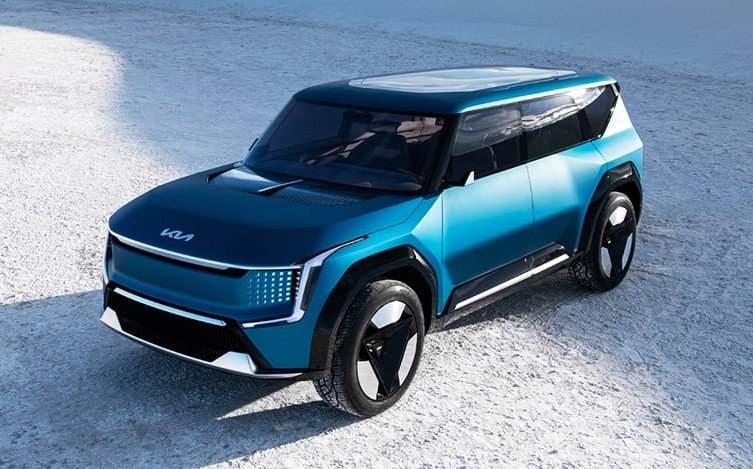Aspen Aerogels, a U.S. electric vehicle supplier, has decided to halt the construction of its planned manufacturing facility in Georgia, despite receiving tentative backing from the Biden administration for a significant loan. The move raises questions about the future of electric vehicle (EV) manufacturing and government support in an increasingly polarized political climate.
Sudden Decision to Stop Construction
On Thursday, Aspen Aerogels CEO Don Young announced that the company would cease construction of its planned plant near Statesboro, Georgia. The facility was set to produce insulation and fire protection materials for electric vehicles, an essential component for the growing EV industry. With the plant, Aspen Aerogels had aimed to complement its existing operations in Rhode Island.
The decision is a significant blow to both the company and Georgia, which was poised to become a hub for EV-related manufacturing. The plant’s construction had been approved under the Biden administration’s Department of Energy (DOE) program, which had tentatively backed Aspen Aerogels for a $671 million loan in October of last year.

While CEO Don Young did not provide a specific reason for halting the construction, the announcement has sparked curiosity about the factors influencing this abrupt change in plans. Speculation points to the broader political and economic climate, with some suggesting that changing policies might be affecting the company’s confidence in moving forward.
Political Pressures Affecting EV Industry
The delay comes amid growing pressure from Congressional Republicans, who have repeatedly challenged the Biden administration’s policies on electric vehicles. In recent weeks, GOP lawmakers, including Rep. Brett Guthrie (R-Ky.), have called for the repeal of regulations and tax incentives that support electric vehicle adoption.
Republican efforts to reverse EV-friendly policies include attempts to repeal the EV tax credit and impose additional fees on electric vehicle owners. These moves reflect broader political debates surrounding the future of electric vehicles in the U.S., with Republicans questioning the costs and benefits of federal support for the EV industry.
The situation adds to the growing tension over the role of government in fostering clean energy industries. With massive investments in EV manufacturing taking place across the U.S., many Republican districts have seen significant growth in the sector, complicating the political calculus.
Economic Implications for Georgia and the EV Sector
Georgia has become a significant player in the electric vehicle industry, attracting investment from major companies like Rivian and Hyundai. The halt in Aspen Aerogels’ plant construction represents a setback, not just for the company but also for the state, which has worked hard to establish itself as a leader in EV manufacturing.
While Aspen Aerogels’ decision is unlikely to derail Georgia’s broader EV ambitions, it does raise questions about the stability of the industry in the face of political uncertainties. Companies in the EV supply chain are increasingly faced with the challenge of balancing their business strategies with the shifting political landscape, especially when it comes to the long-term benefits of government-backed loans and incentives.
